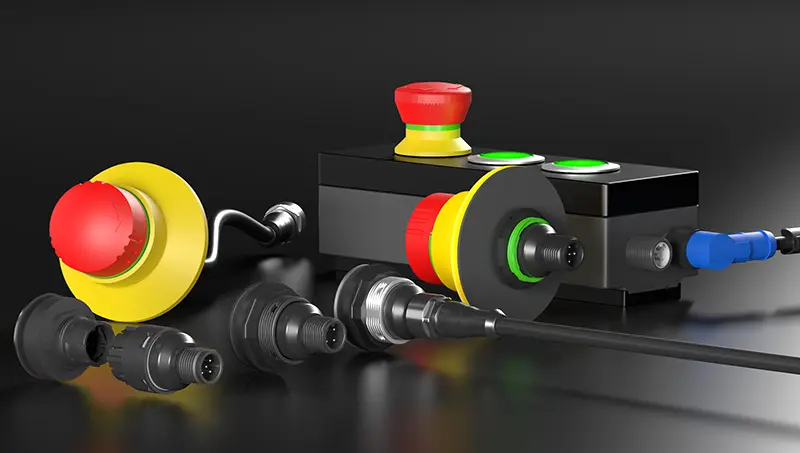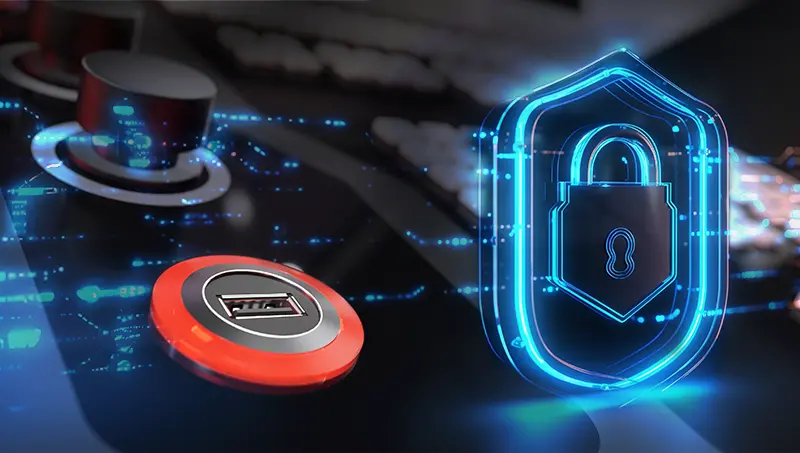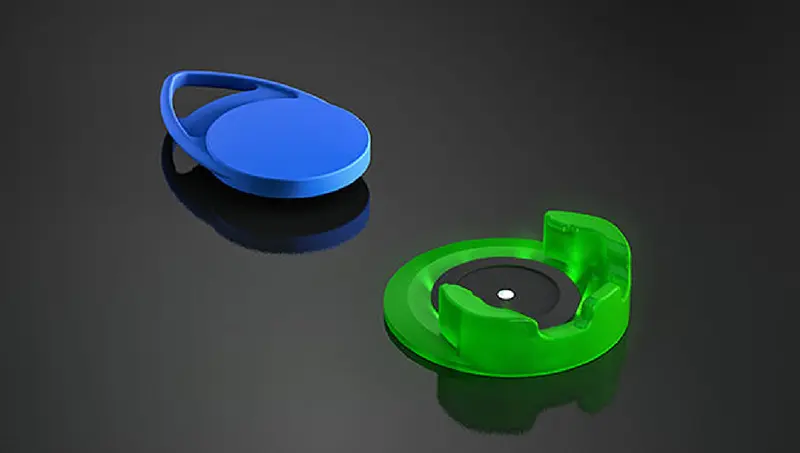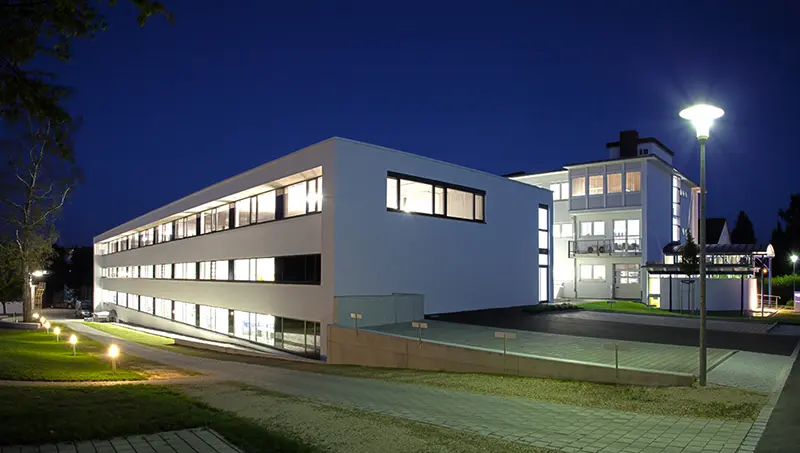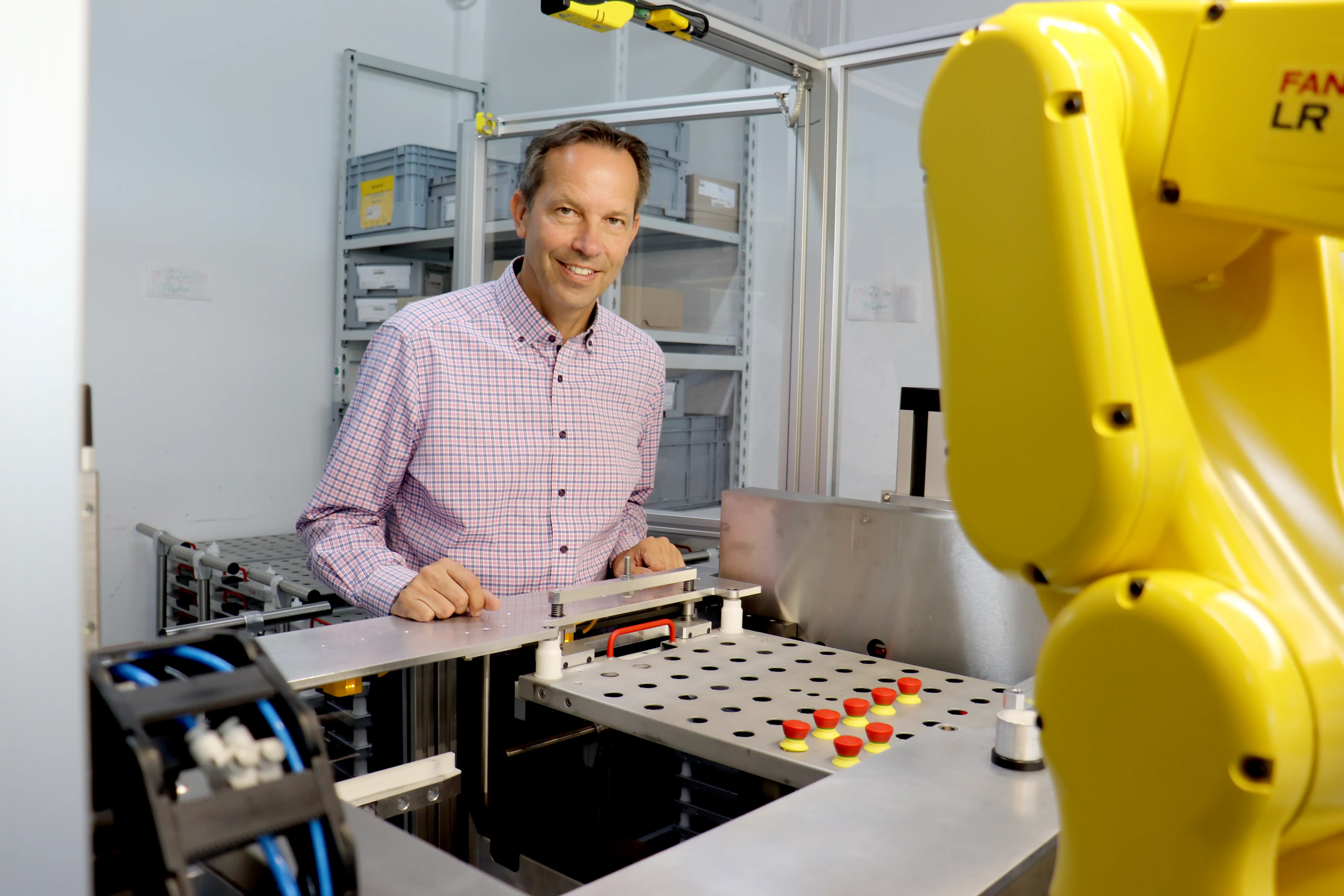
“It's working well.”
But after a short time, Dörflinger has got the hang of it. After a few corrections, the first emergency- stop devices are ready. “It's working well,” he says, testing the emergency-stop. Conny Schefold is also satisfied. The switch makes a typical clicking sound during testing. “That sounds good,” she confirms. The Ummendorf native produced 18 pieces during his internship hour.
“This is still really labour-intensive manual work,” says the surprised Dörflinger. However, due to the wide variety of options and associated flexibility, automation is not feasible in this area. SCHLEGEL offers around 750 different variants, ranging in size from large to small and featuring either protective collars or illumination, and which are designed for 16 or 22 millimetre installation openings.
The company also tailors its colour schemes to customer requirements. “We can respond flexibly to individual requirements,” says Managing Director Christoph Schlegel. The high level of vertical integration is a decisive advantage here. Almost everything is produced in Dürmentingen, with the exception of springs and sealing rings: sleeves, mushroom buttons and small parts are manufactured using plastic injection moulding. This results in short distances and fast response times.
Automation with a sense of proportion
However, automation is also playing an increasingly important role for SCHLEGEL. “Automation is essential to be able to produce competitively in Germany,” explains Schlegel. Robotics is gradually finding its way into many areas. An internal department develops its own machines for specific tasks, particularly for work that is extremely detailed or physically demanding. “No one will be upset when a machine takes over this work in future,” says Schlegel. The aim is to increase efficiency and improve the cost structure through targeted automation. “Automation is a common thread running through all industrial sectors,” emphasises Dörflinger.
Testing with robotic assistance
Dörflinger experiences how the machines are integrated into the work process when testing the emergency-stop buttons that he manufactures. For the past five years, a specially developed testing machine has been checking the mechanical functionality of each device, such as its torque or force-displacement relationship. Robotic arms pick up the switches, place them on a turntable, and carry out the test. “You could watch this for a long time,” says an impressed Dörflinger. SCHLEGEL was awarded the German Innovation Award in 2020 for this development. The 18 “Dörflinger emergency- stops” also undergo testing – and pass. Everything is done right.
From the workplace to the shipping box
In the final step of his internship, Dörflinger inserts the contactors, checks that they are functioning correctly and prepares them for shipping by printing labels, packing the buttons and sticking on labels. They are then ready to be shipped all over the world.
Afterwards, production manager Dietmar Schmid gives Member of the State Parliament a short tour of the company. He visits the plastics manufacturing department, the USB production department, the R&D department and the toolmaking facilities, among other things. The portfolio comprises around 8,000 products, ranging from classic push buttons and panel mount jacks to control panels with bus connections for controlling machines and systems.
Innovation is key to staying competitive
SCHLEGEL is constantly developing its product range. “We have to be innovative and improve in order to compete with Asian competitors,” said Christoph Schlegel in the final discussion. Just last autumn, the company launched the Flexitast, a pushbutton with an integrated display, which was a world’s first. The discussion with the Member of the State Parliament also covered key industrial policy issues, including the customs agreement with the US, the shortage of skilled workers, reducing bureaucracy, and high energy costs.
Insights that stay with you
At the end of his assignment, Thomas Dörflinger drew a positive conclusion: “This summer tour was incredibly exciting.” The same applies to SCHLEGEL: “That was fun,” he says. Following the entire process, from assembly to shipping, was particularly valuable. “I've been here many times before and thought I knew the company quite well. But today's work gave me a whole new perspective.”
